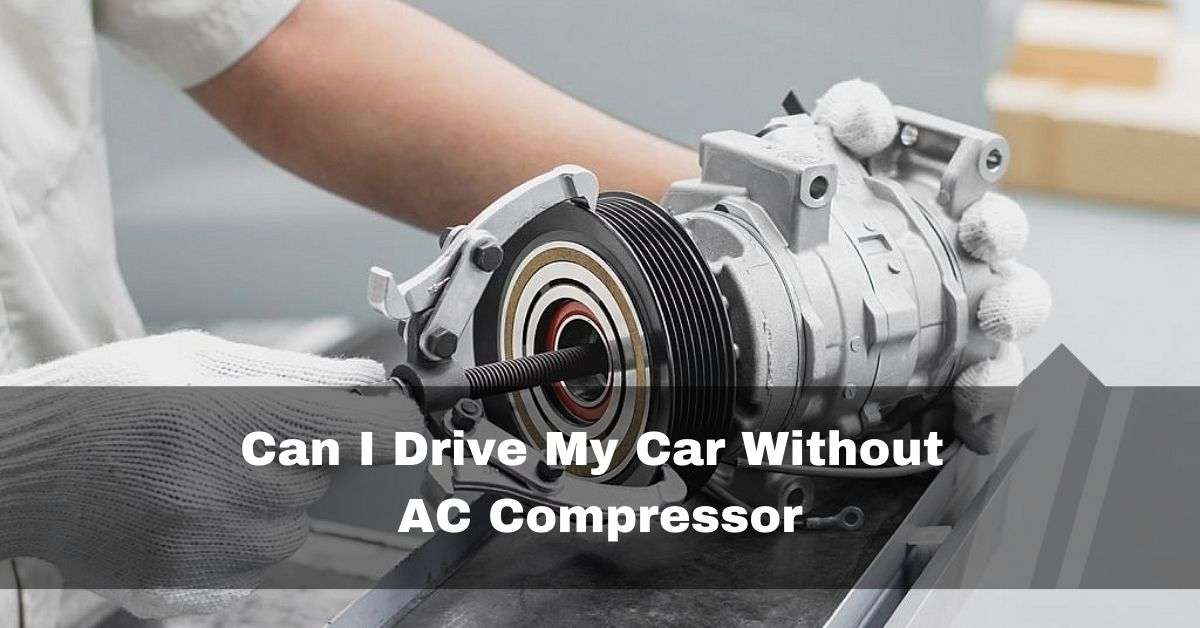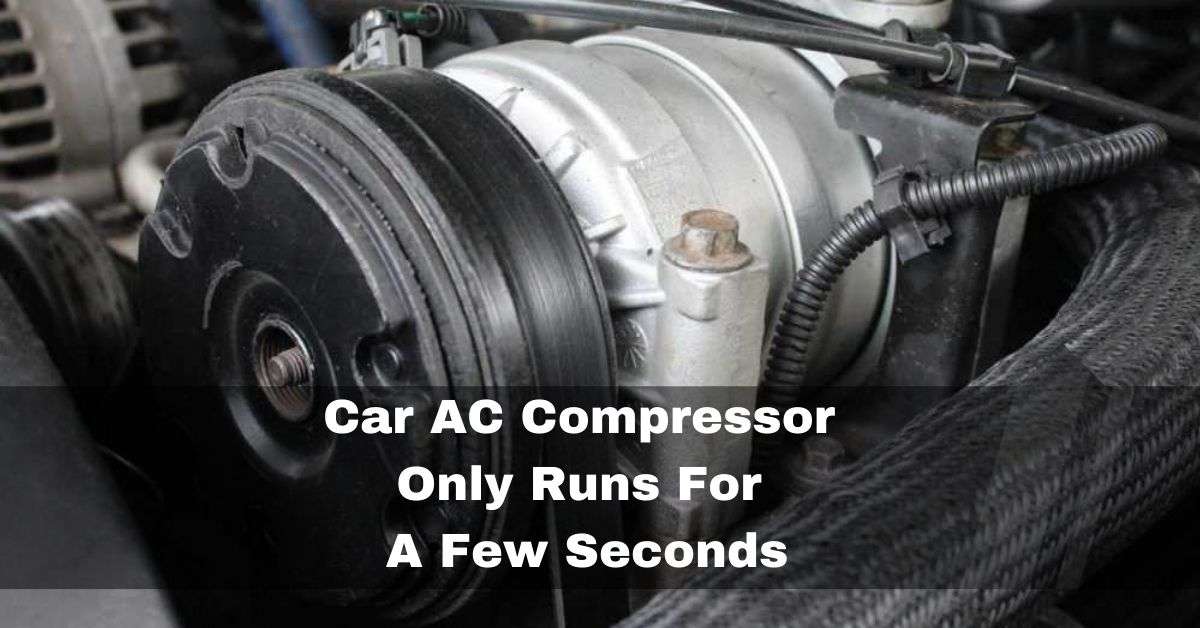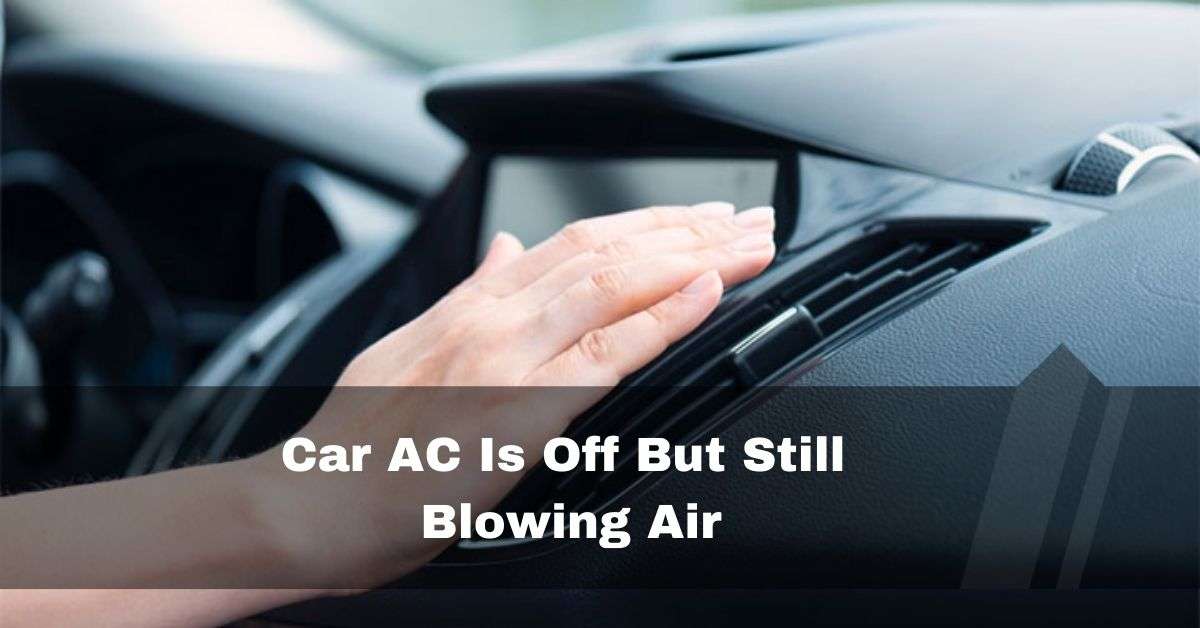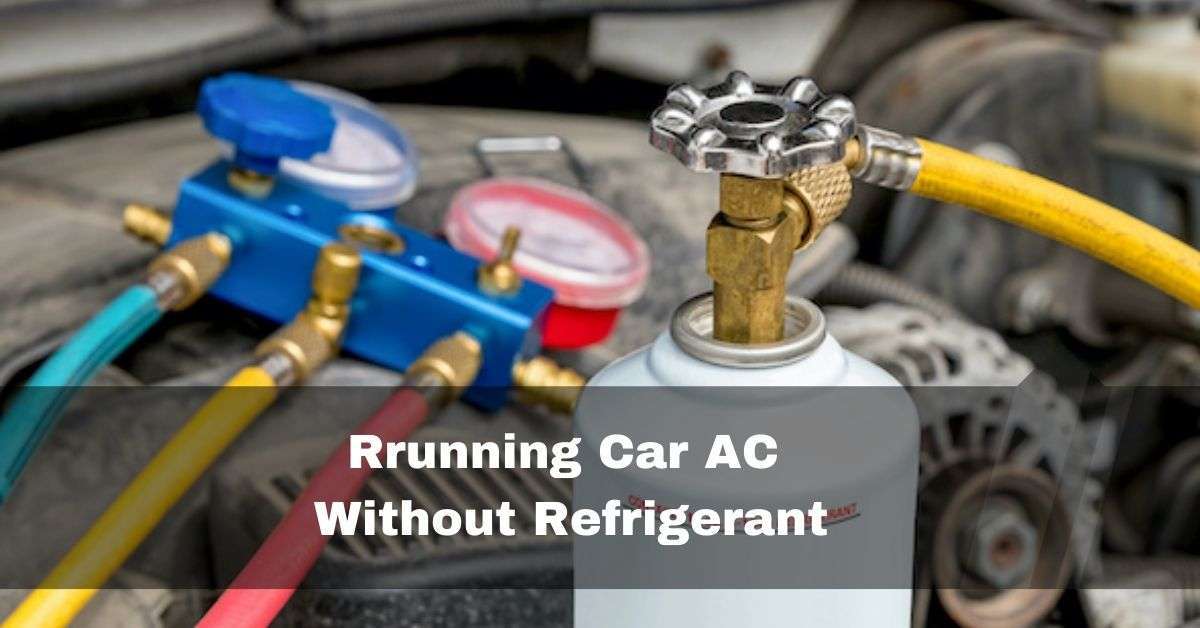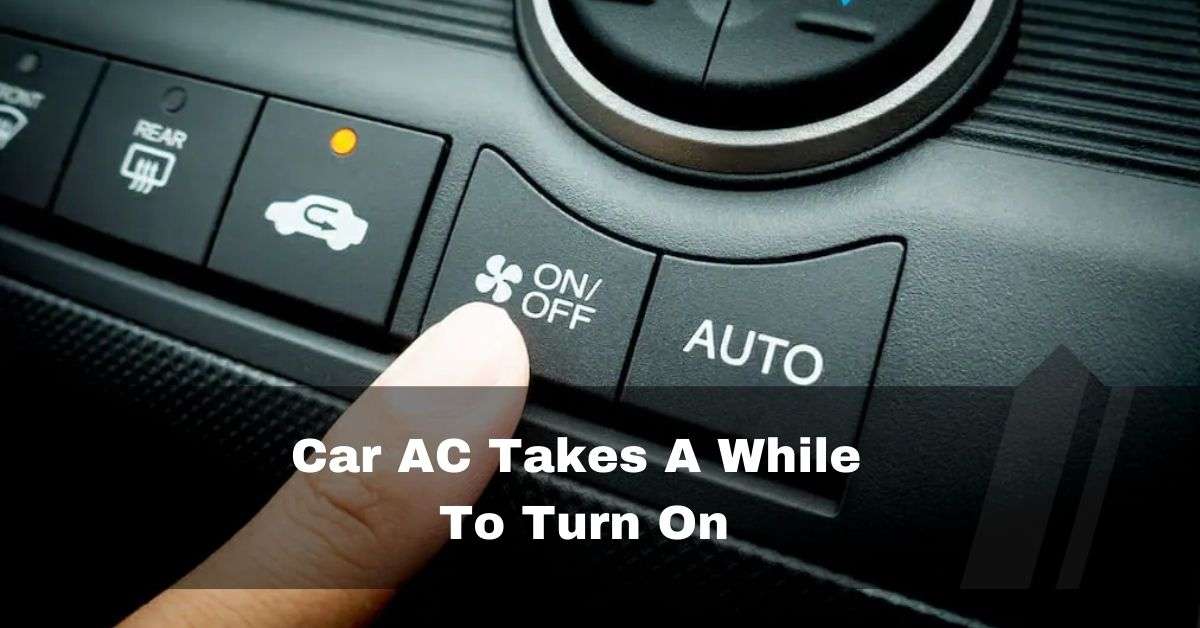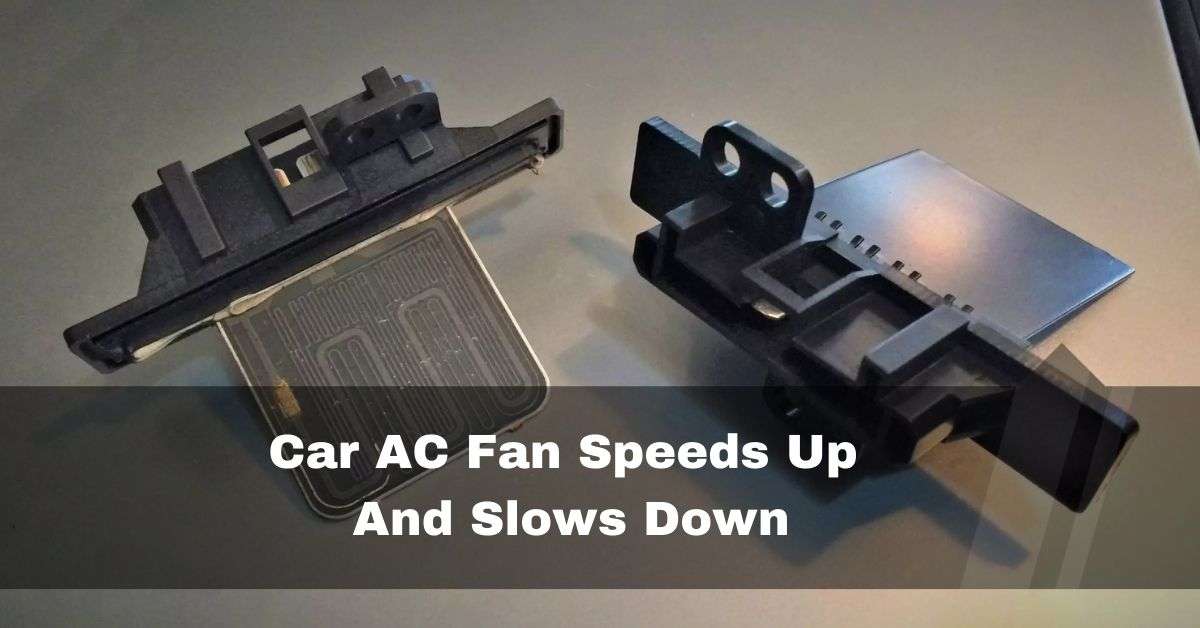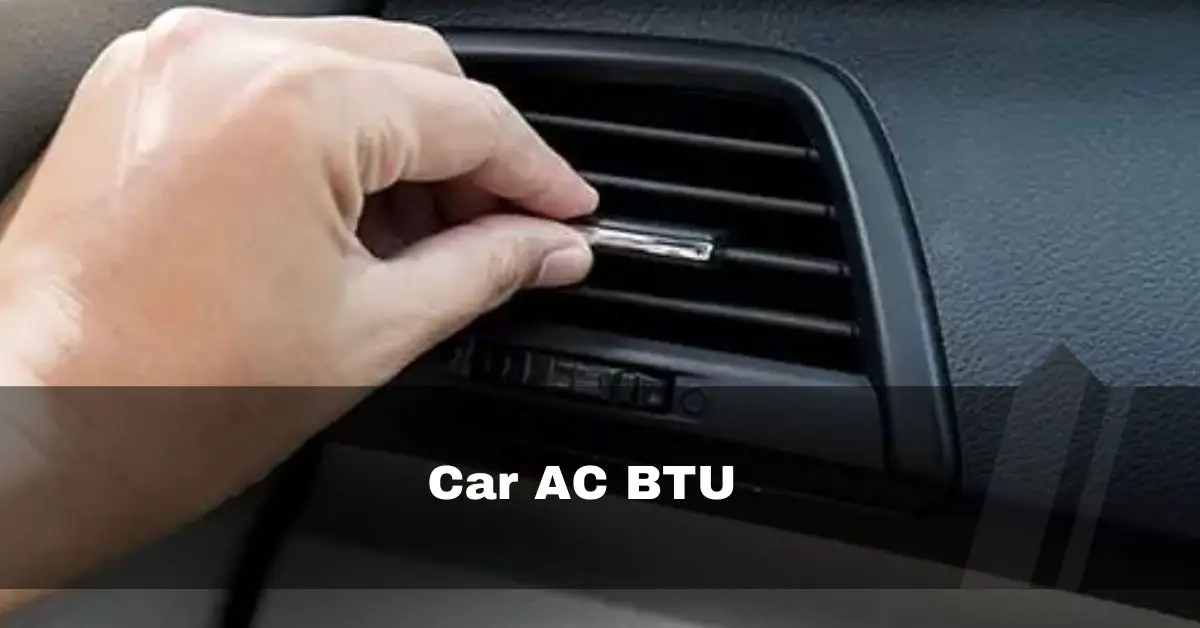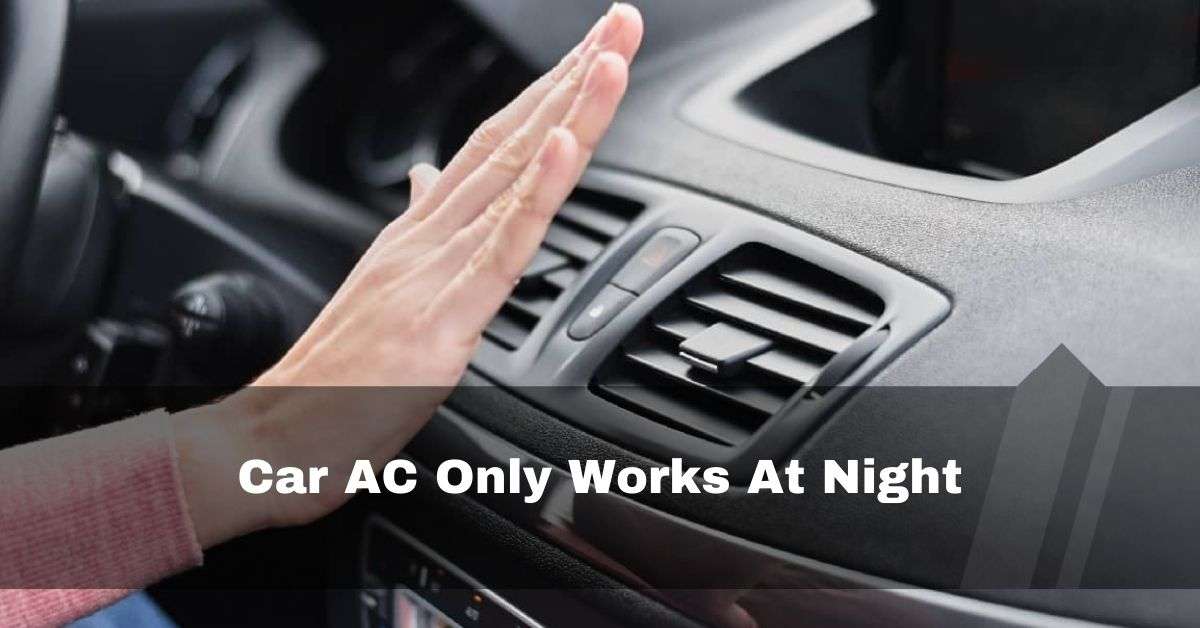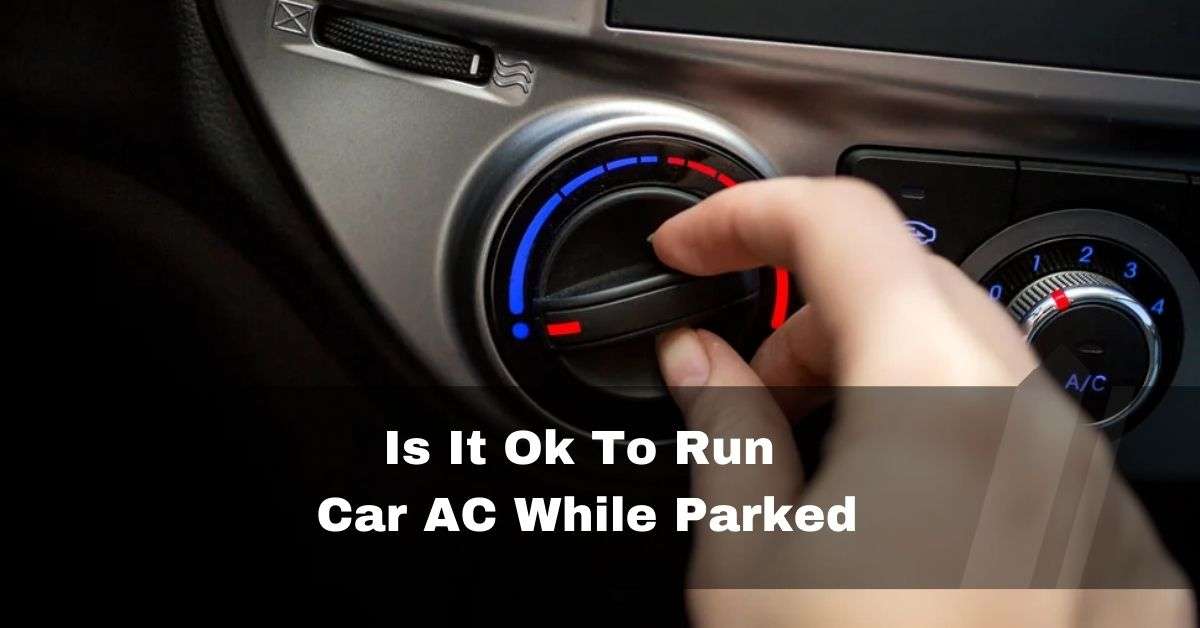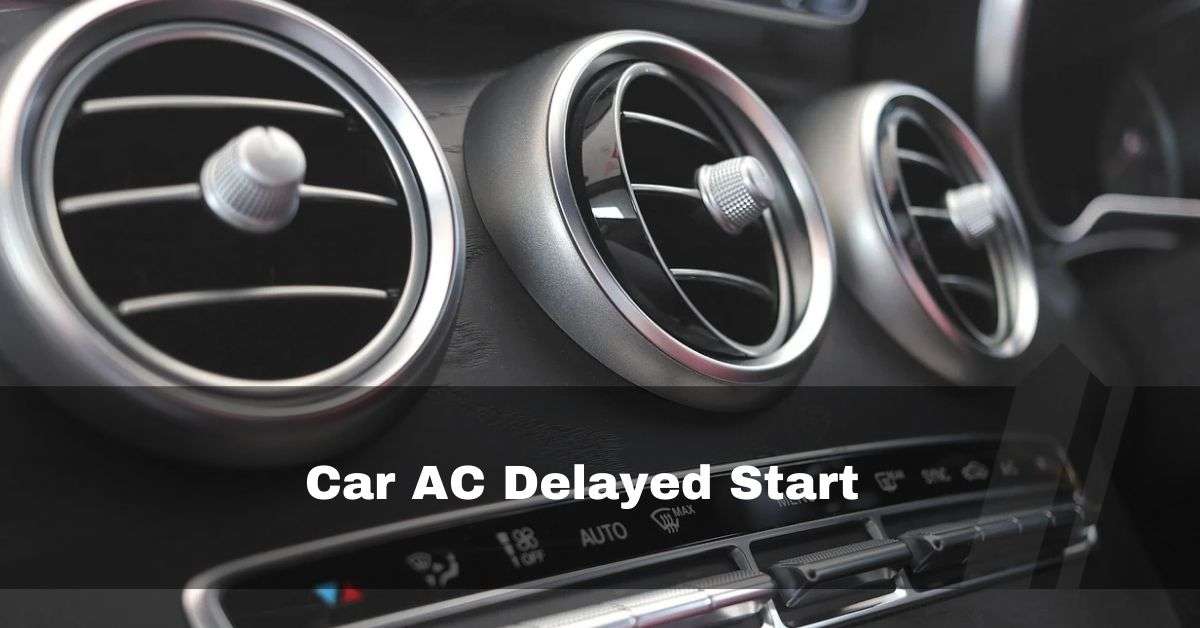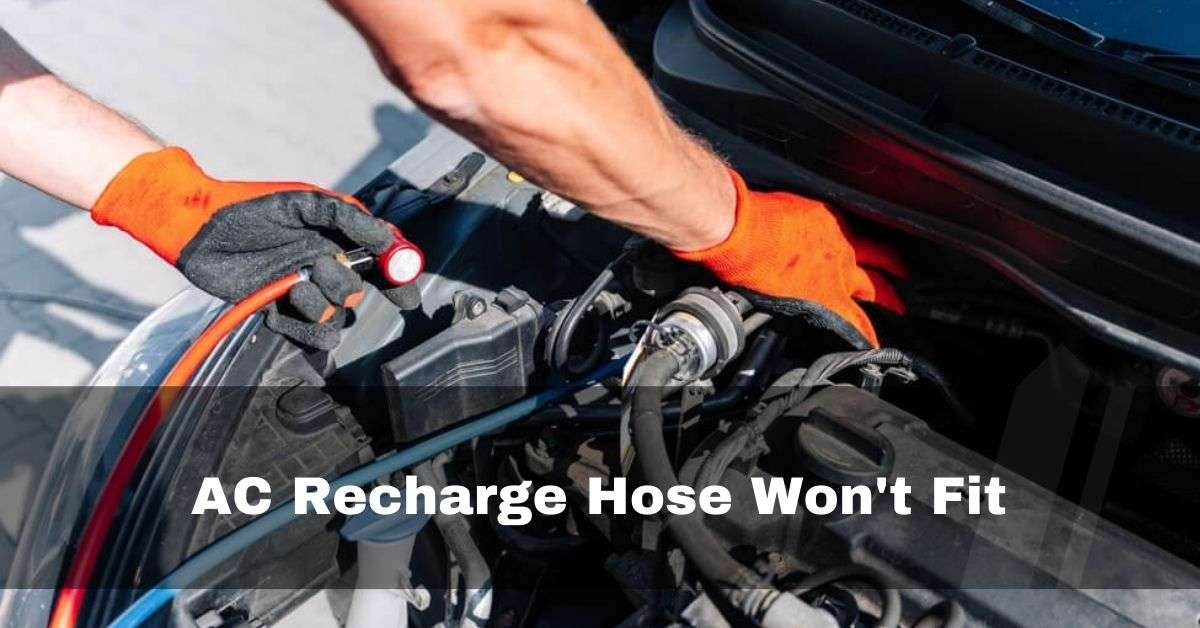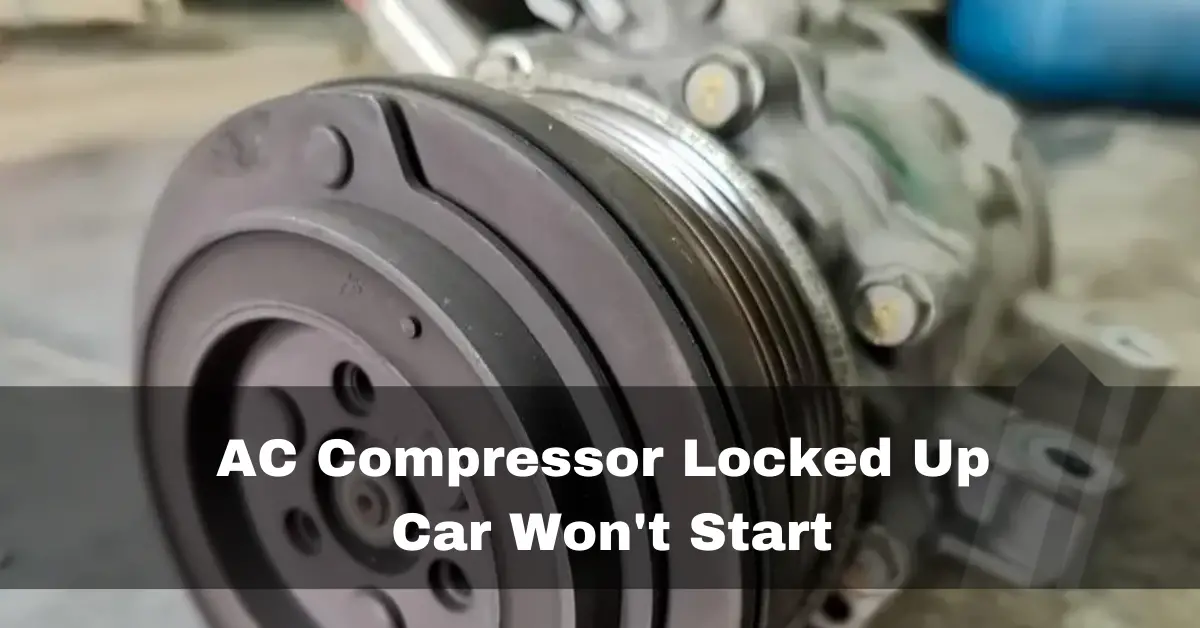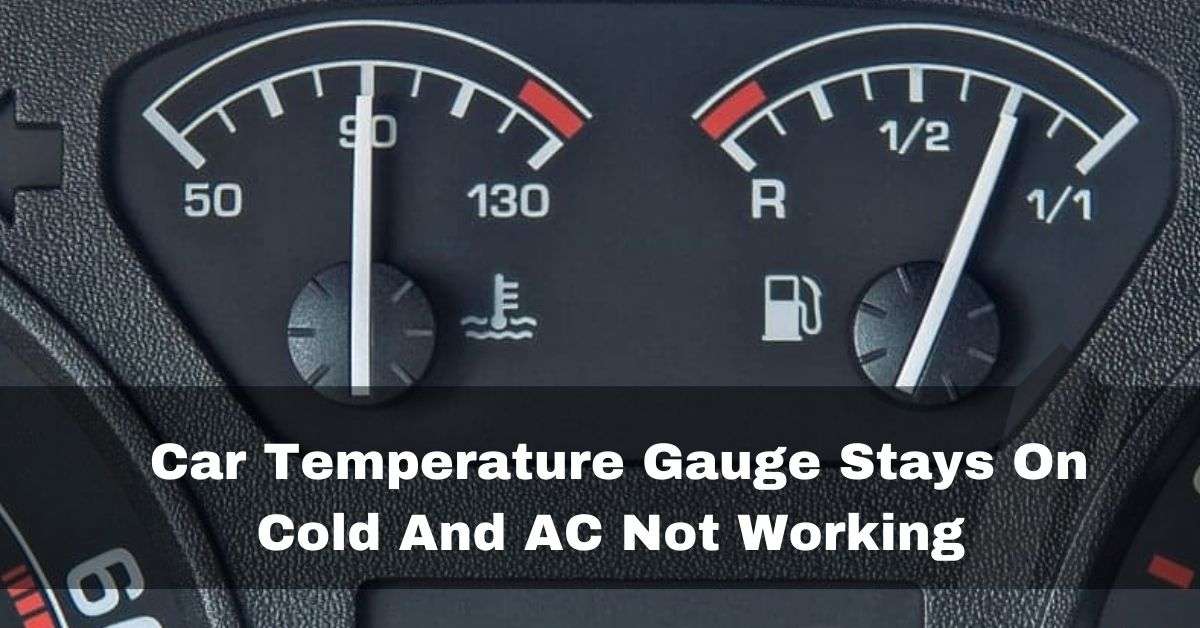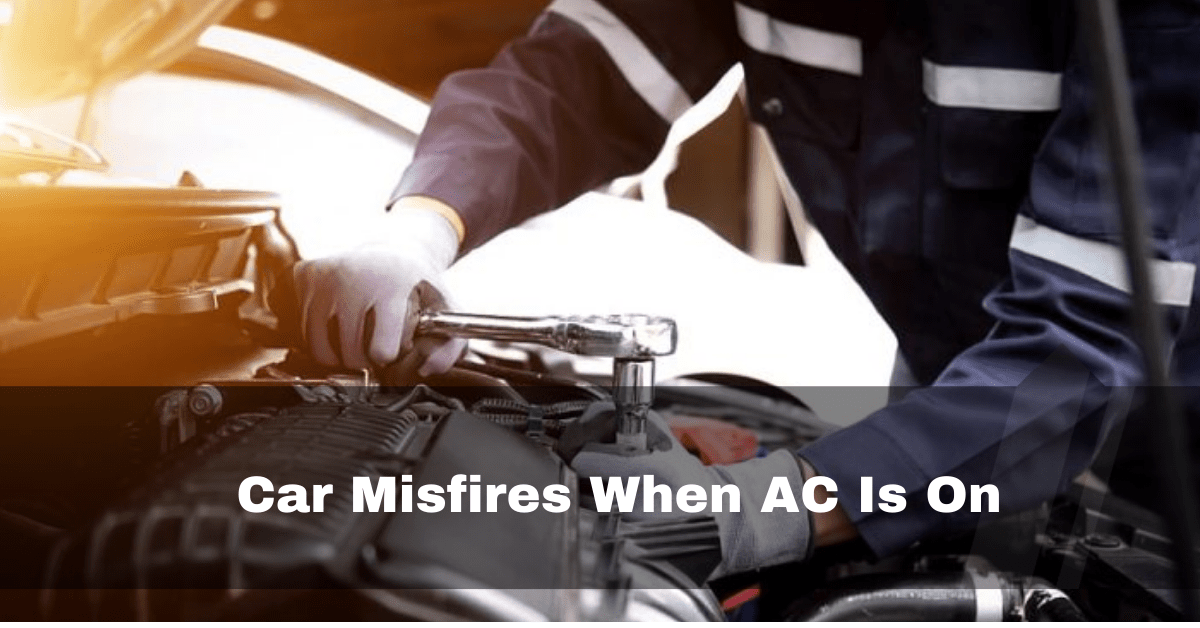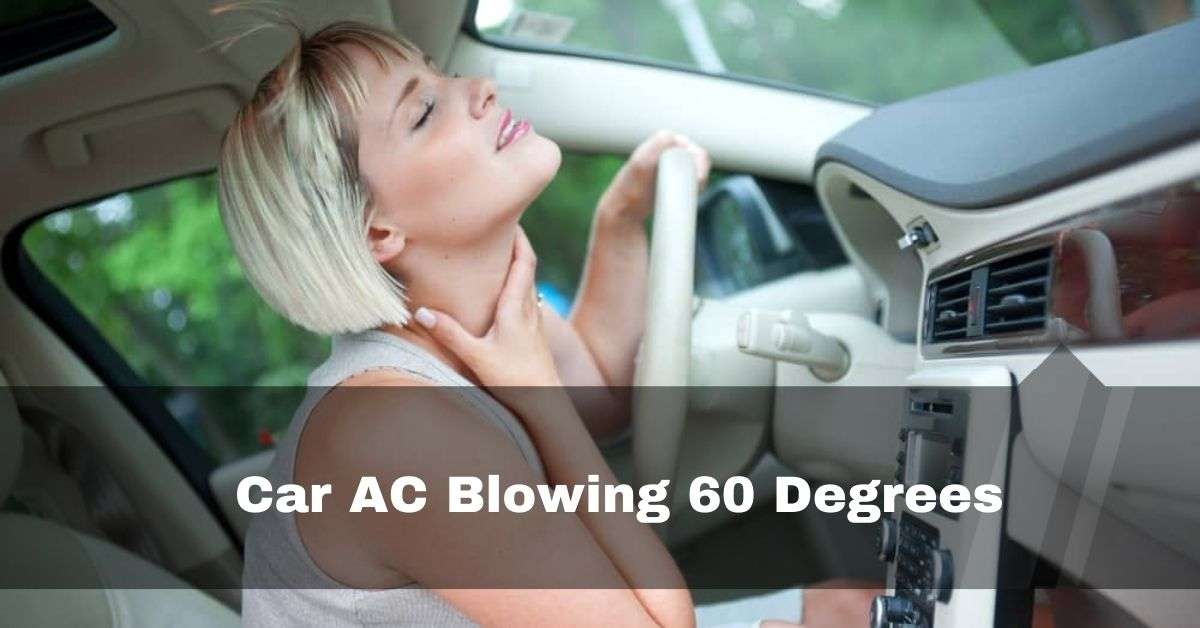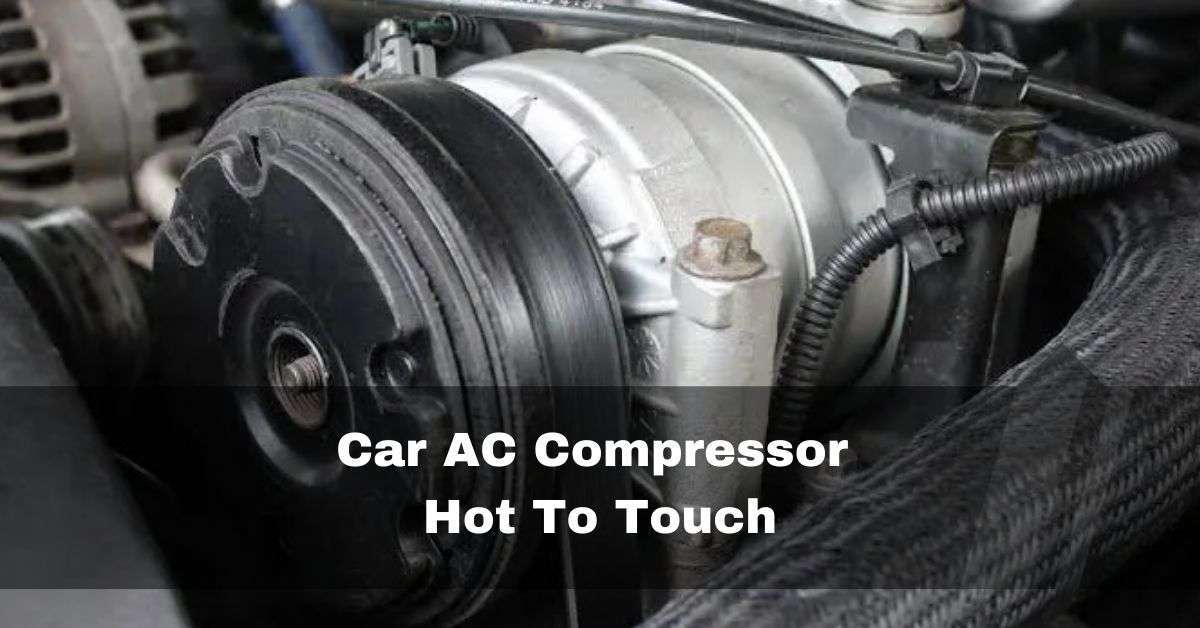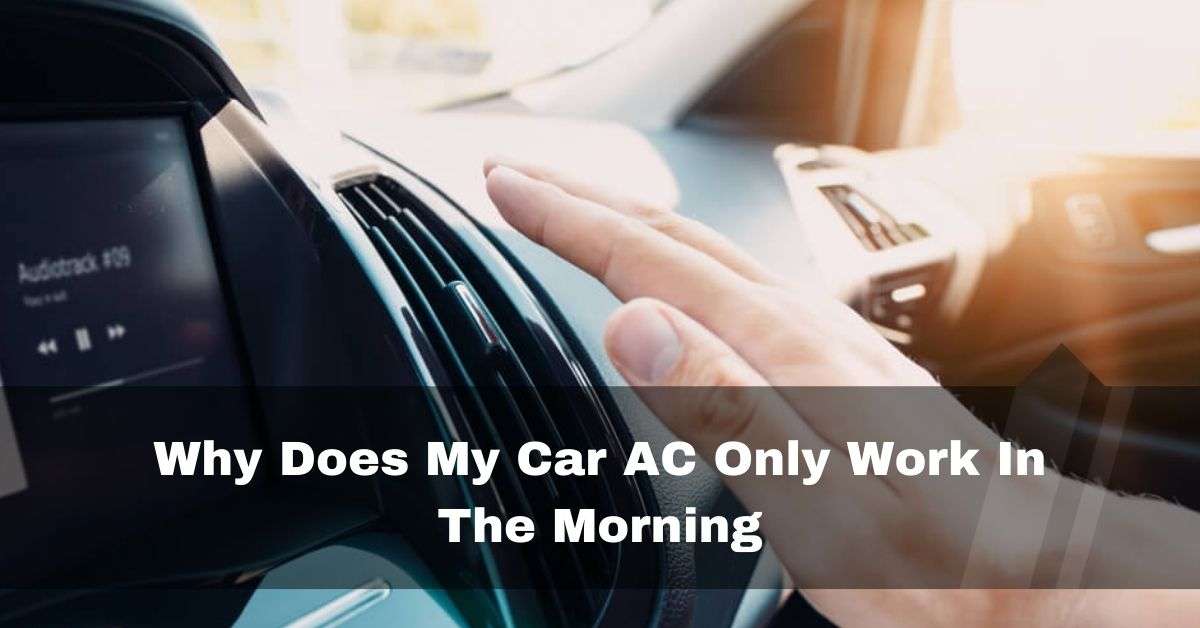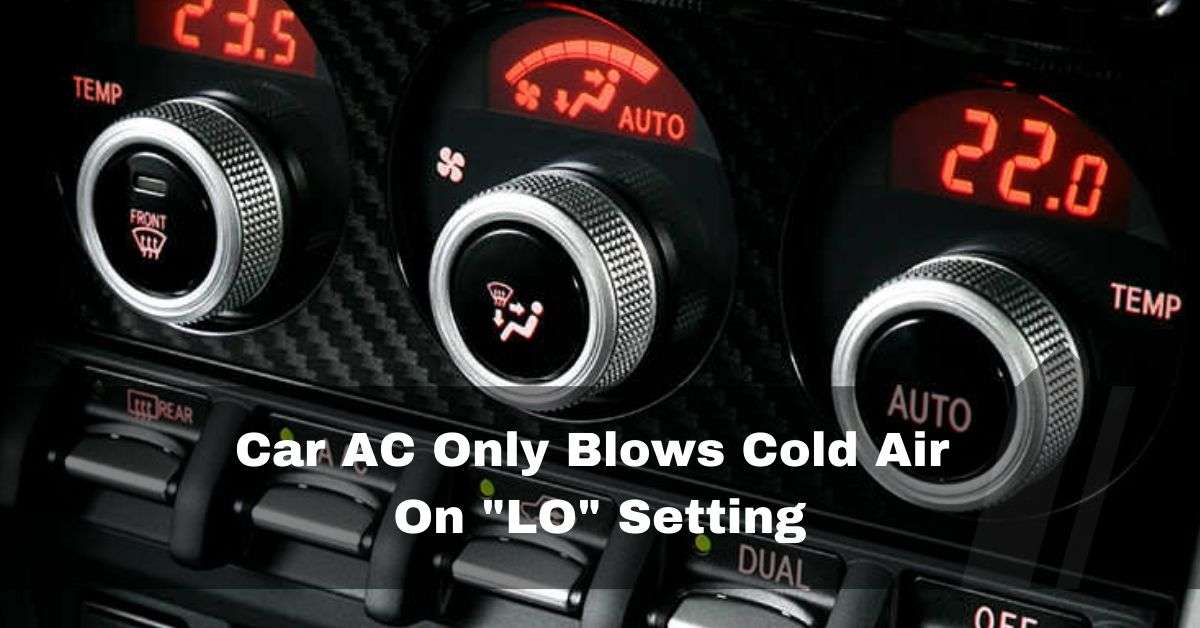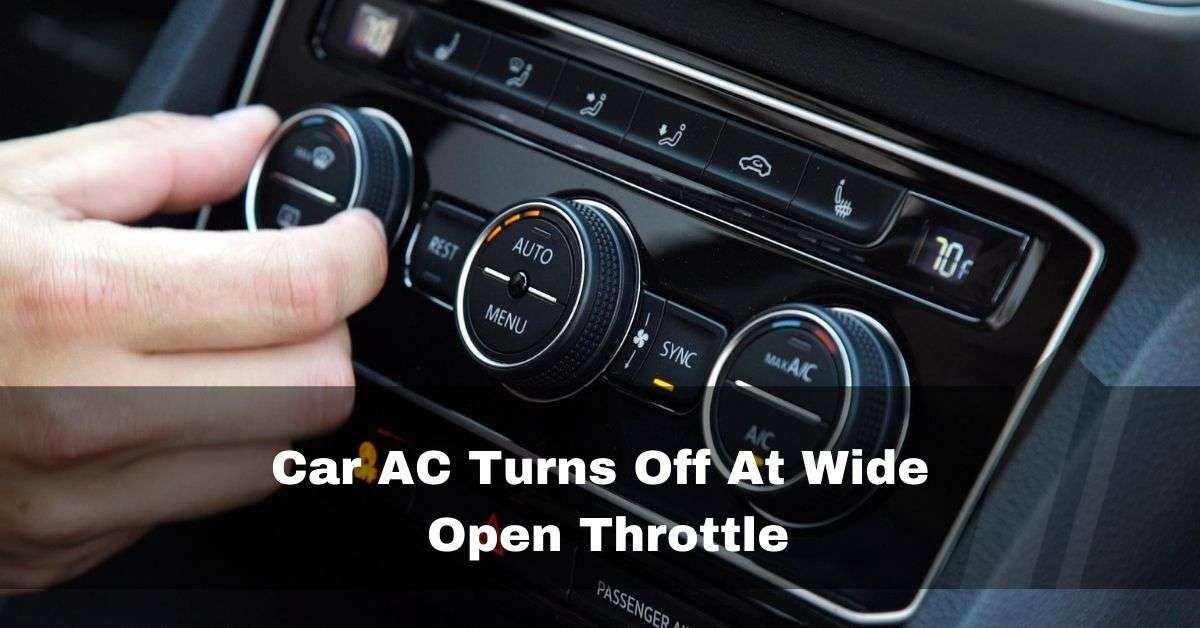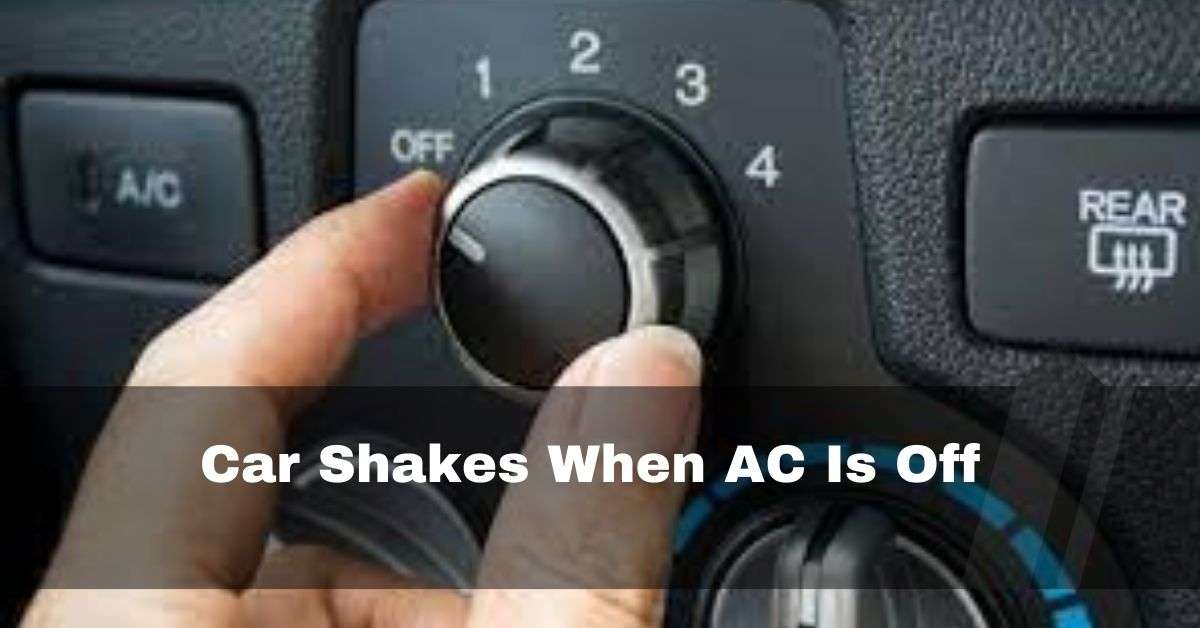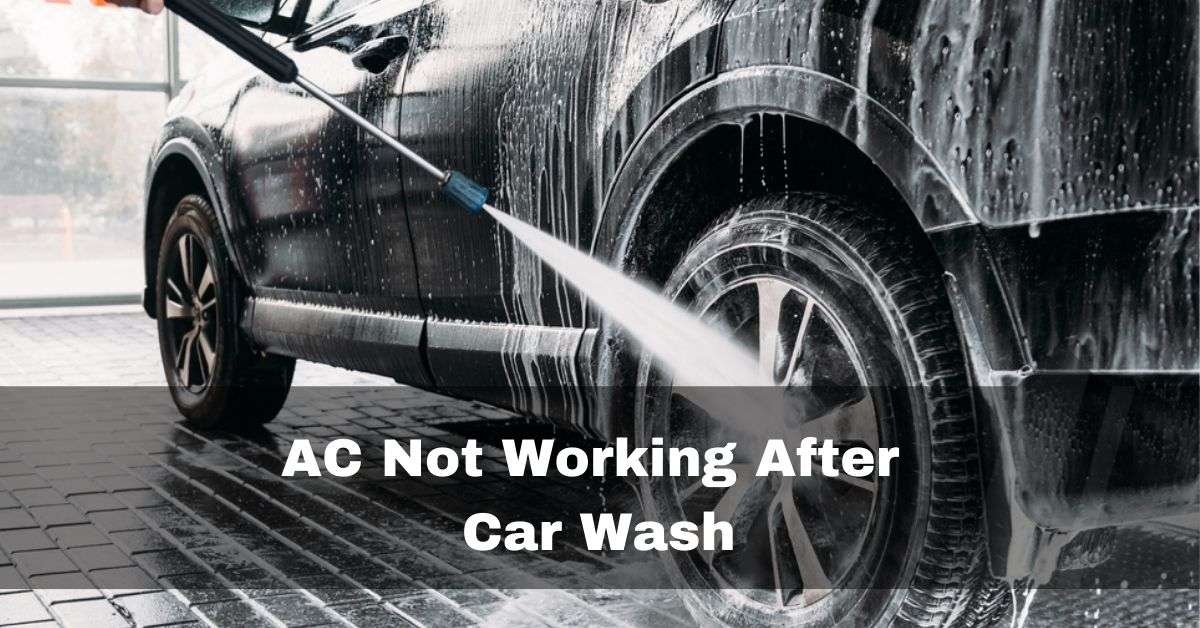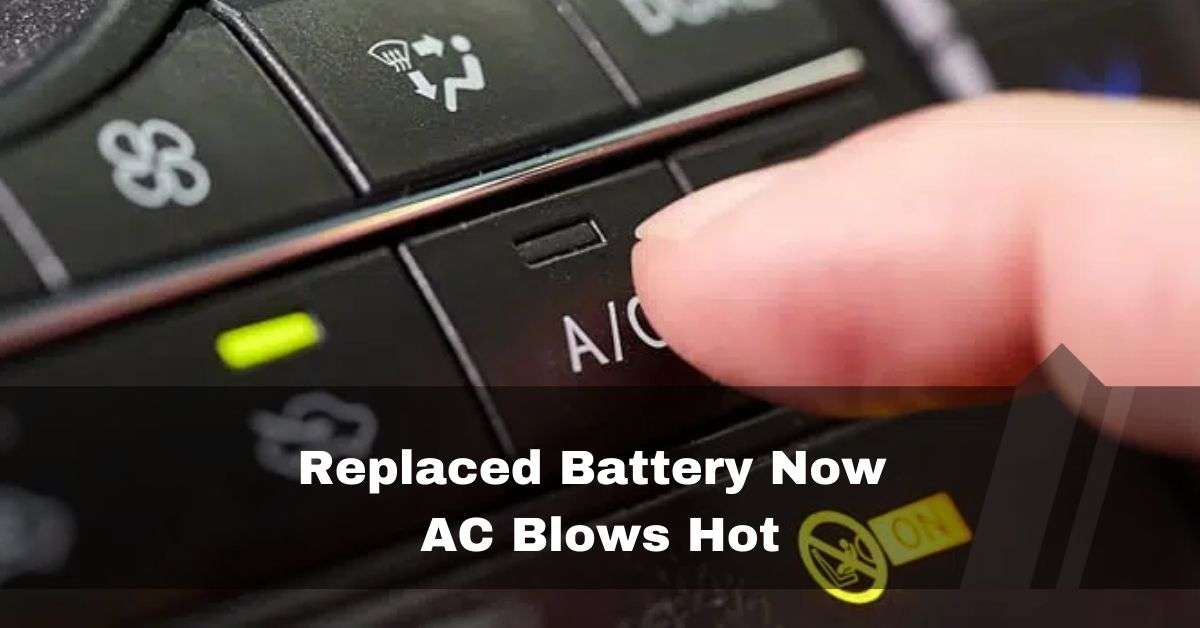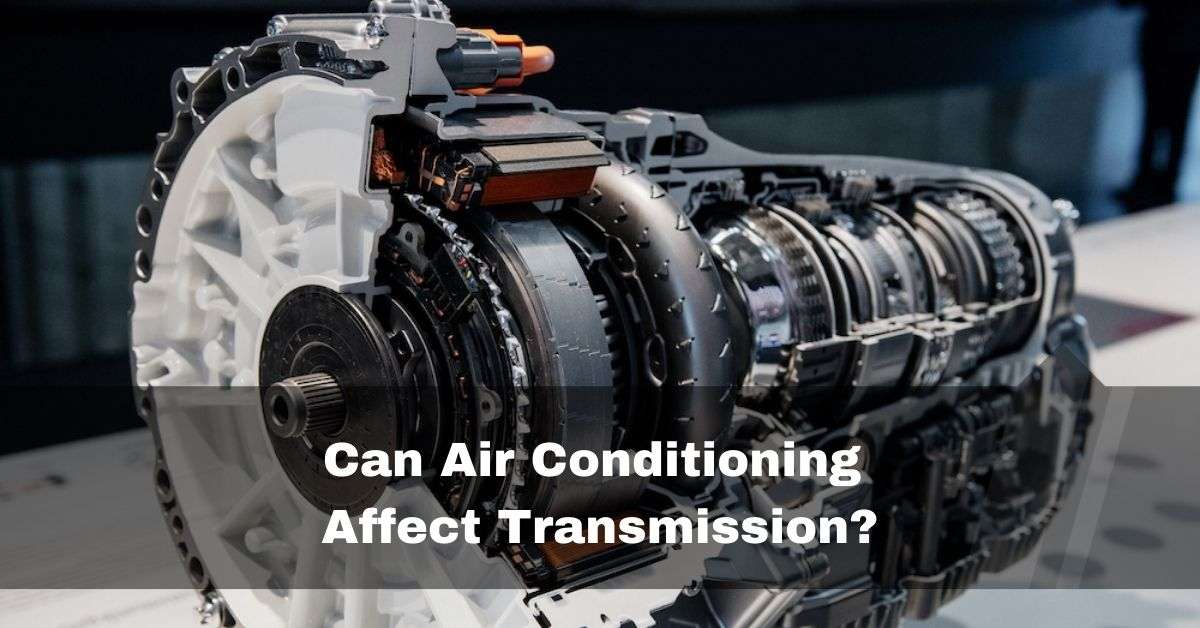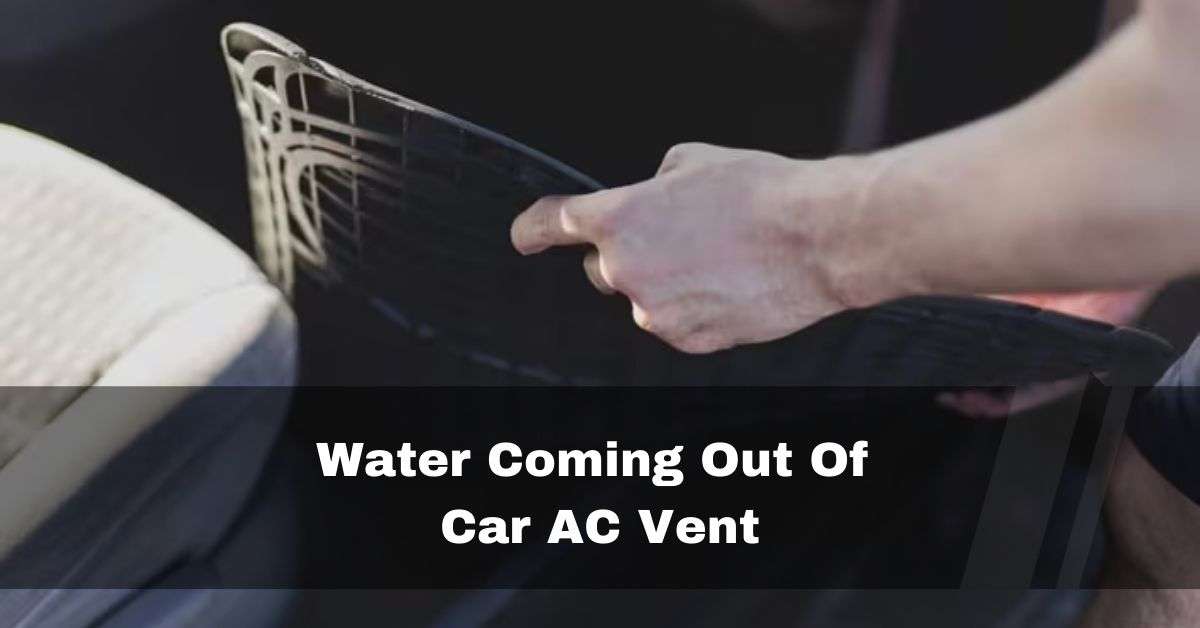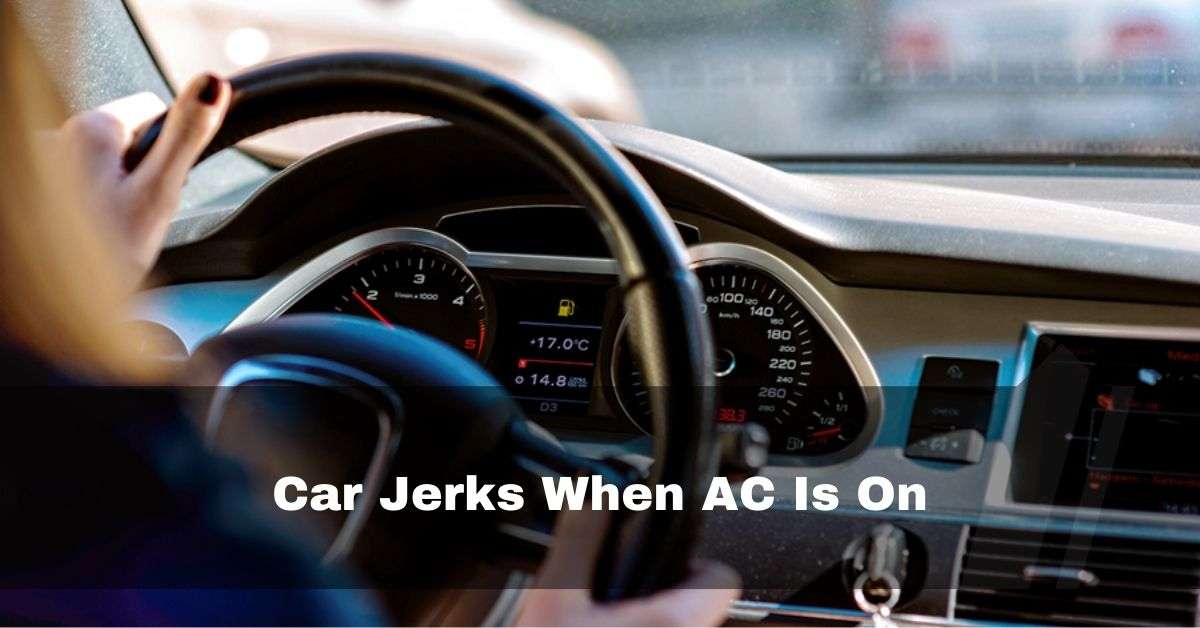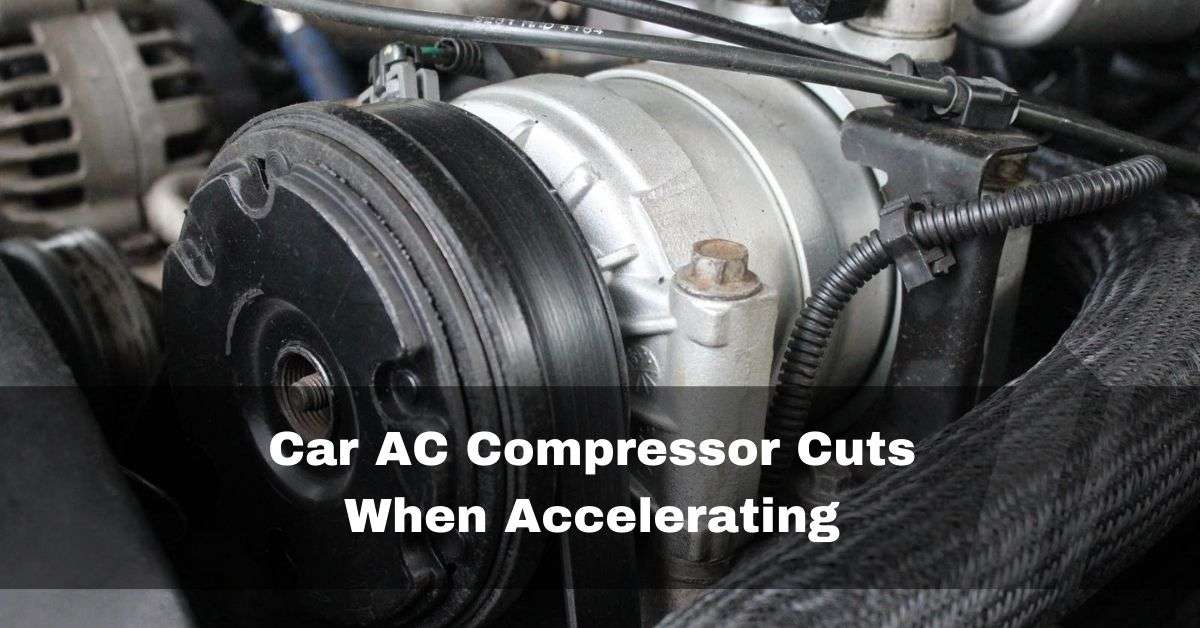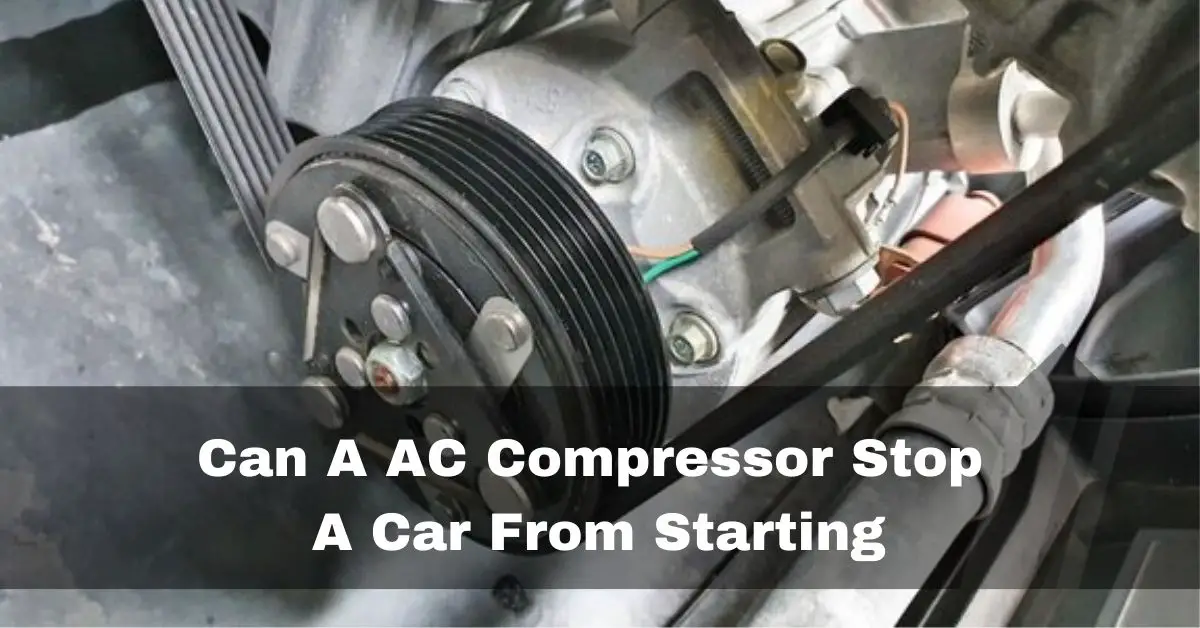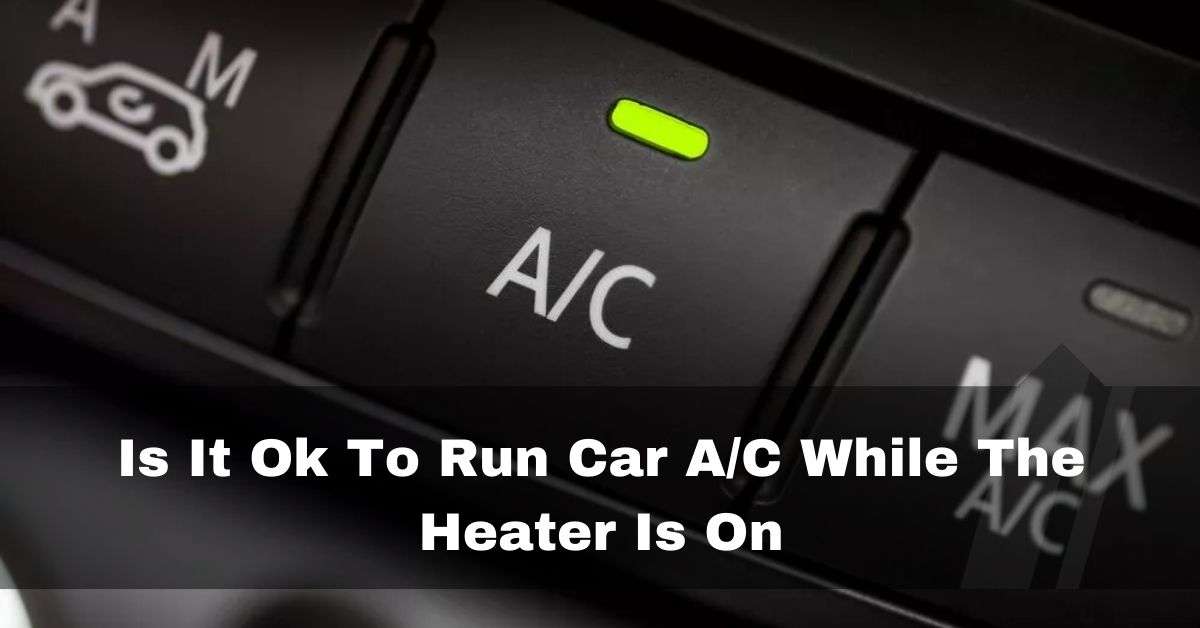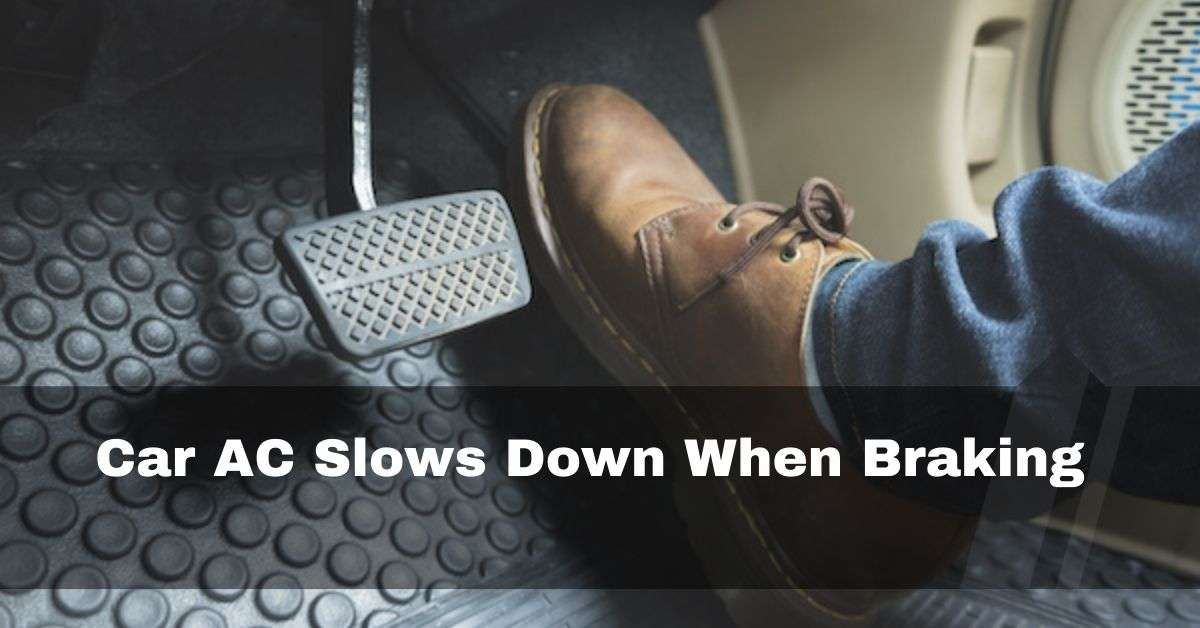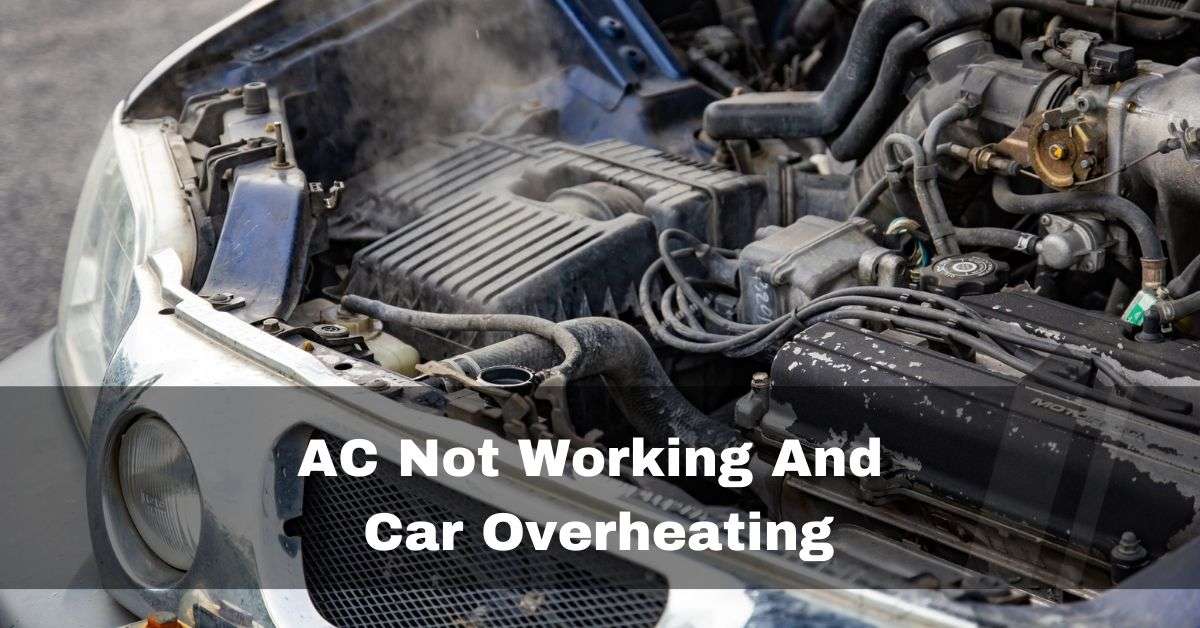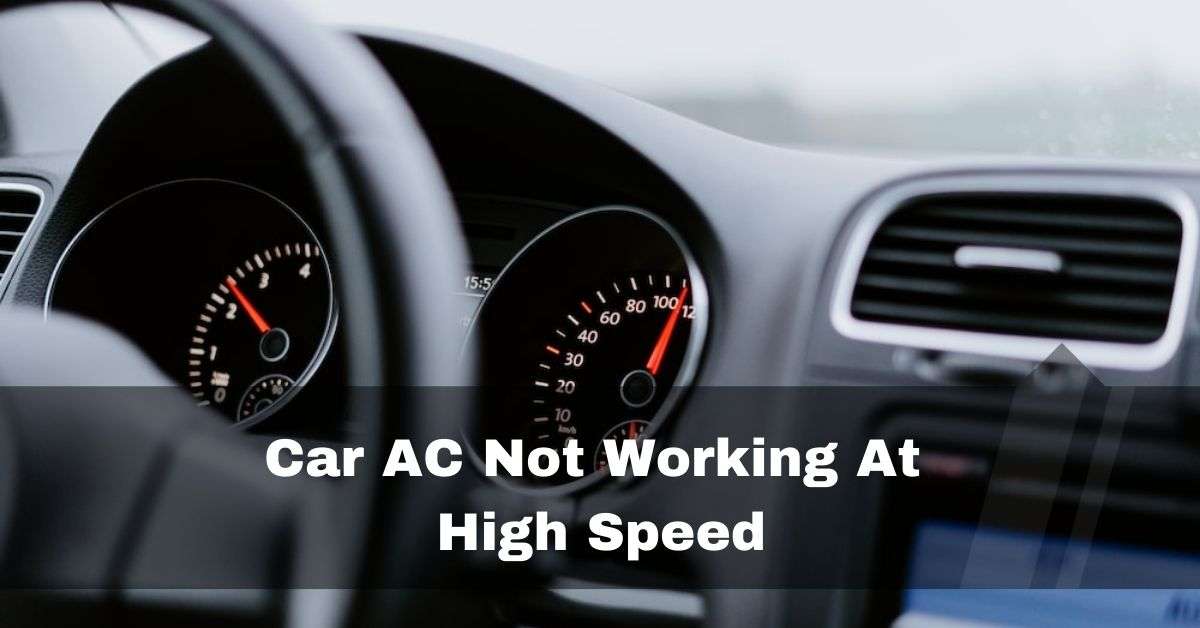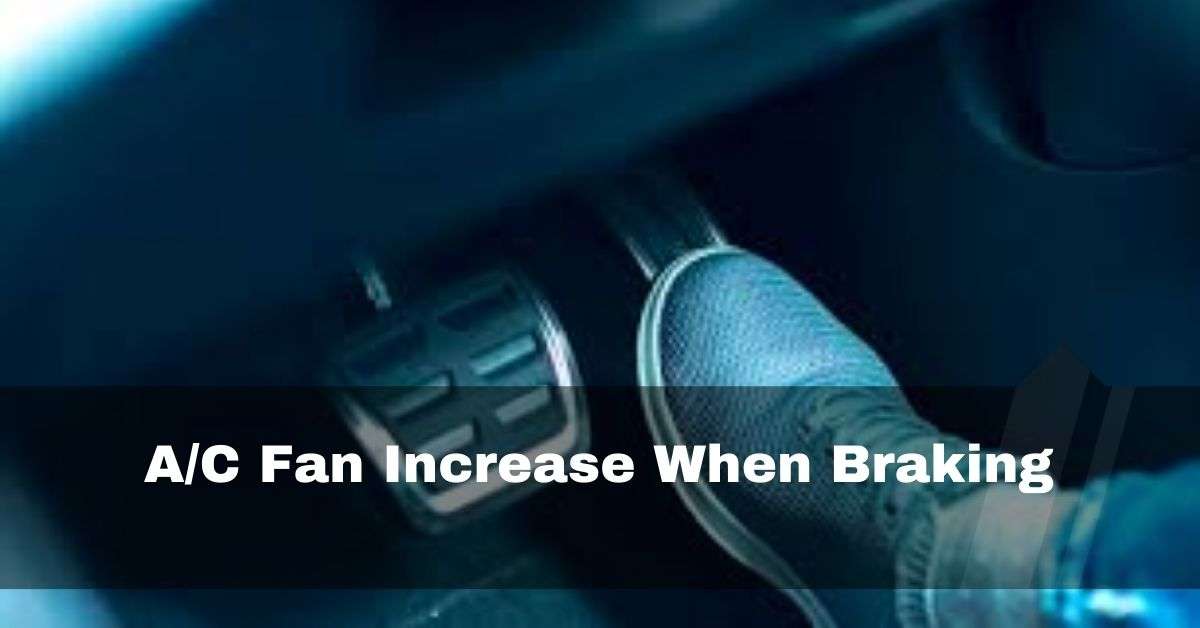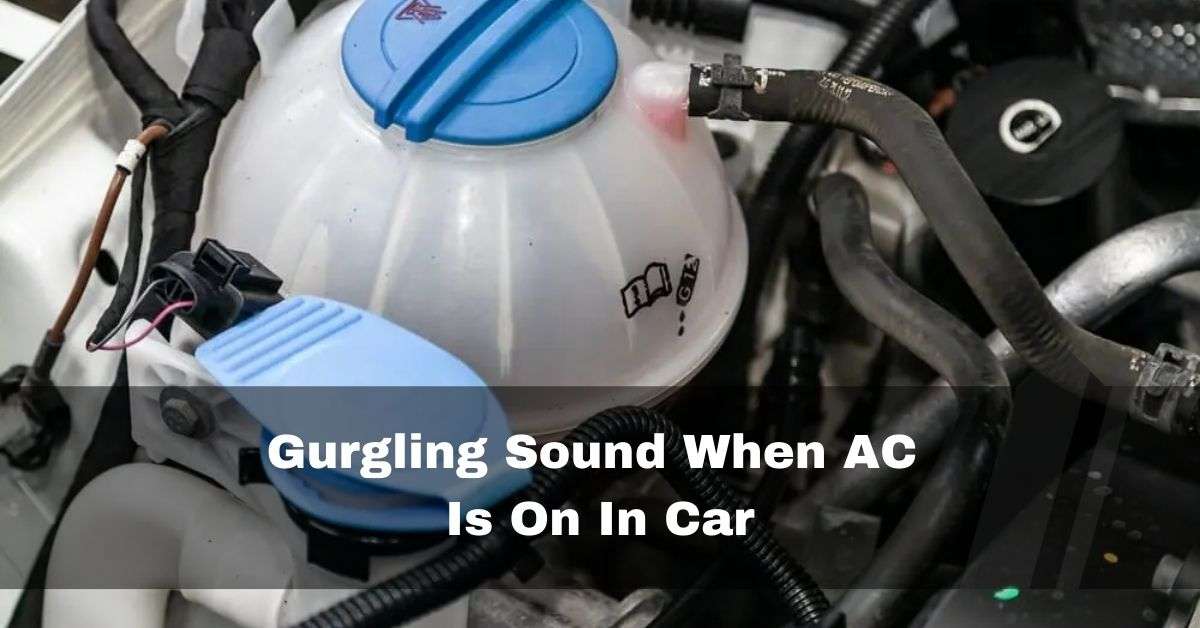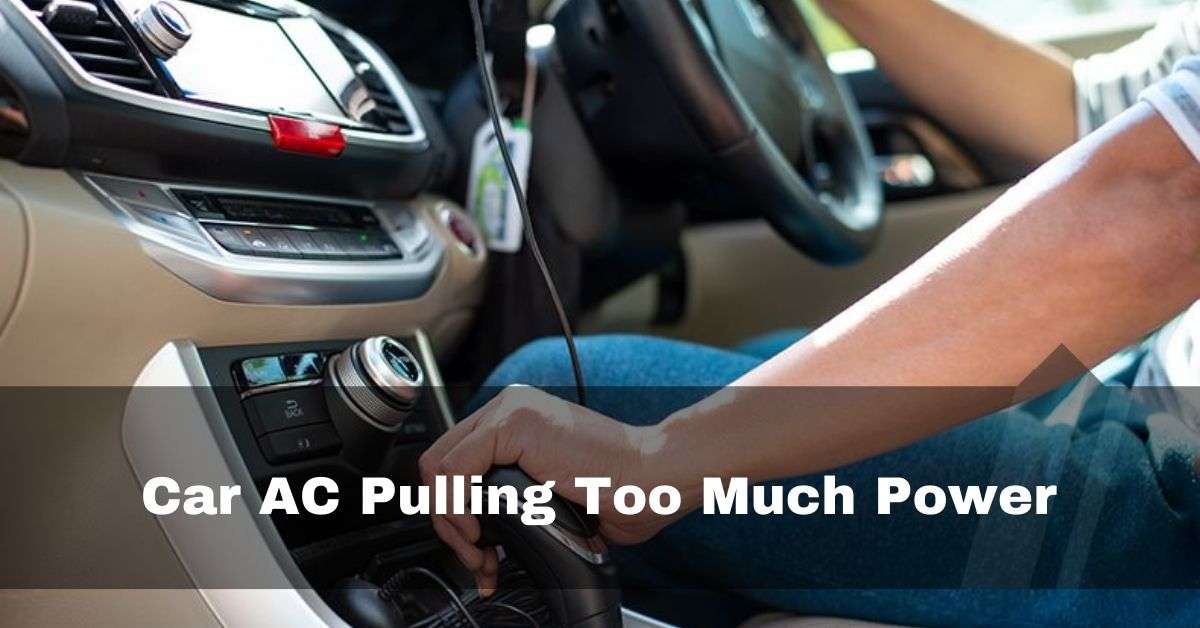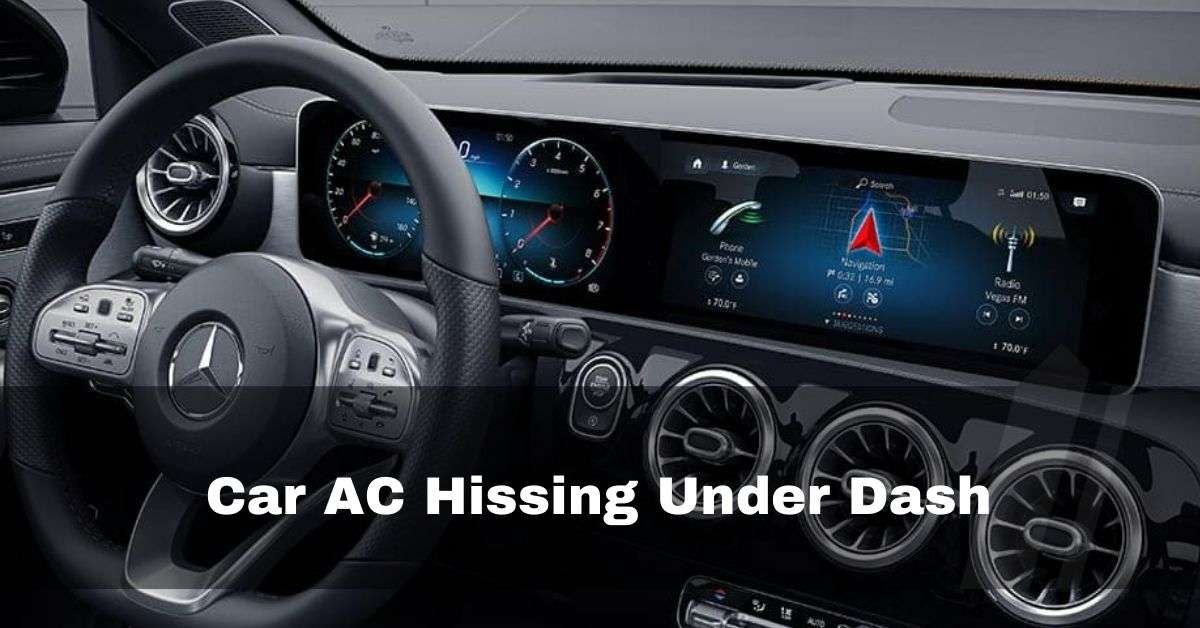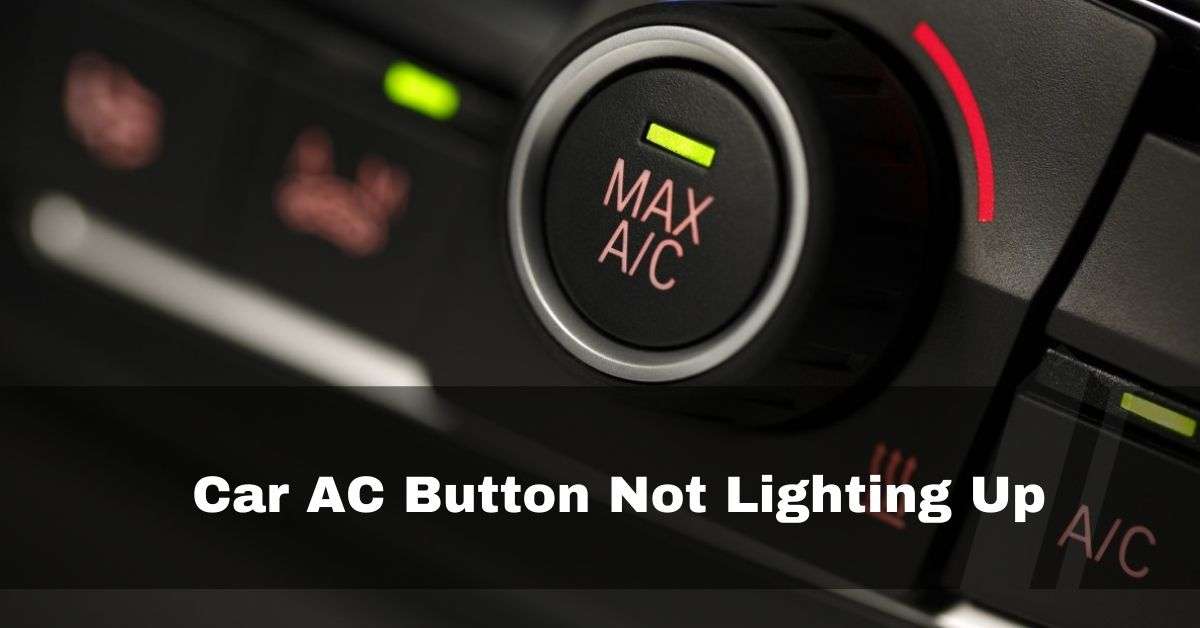The comfort of air conditioning in our cars is more important than ever as the sweltering summer heat sets in. It’s possible, though, for your car’s AC compressor to fail or break down, leading you to question if it’s safe to continue driving.
Yes, without the AC compressor, you can still drive your car. You may still run the car without the AC compressor because it is not directly related to how the engine runs.
This article will examine the effects of driving without an AC compressor and determine whether doing so is a practical option in the short term.
Table of Contents
Drive My Car Without AC Compressor? Is it Safe?
Yes, without the AC compressor, you can still drive your car. You may still run the car without the AC compressor because it is not directly related to how the engine runs. However, your car’s air conditioning system won’t function without the AC compressor, preventing you from accessing cool air within the cabin.
A skilled mechanic must fix or replace the AC compressor if you live in a hot environment or prefer air cooling while driving. Driving with air conditioning might be convenient, especially in warm weather.
Still, if other vital parts are in good working order, it won’t pose any immediate safety risks or impair the car’s ability to move.
Can You Drive A Car With A Broken Ac Compressor?
For several reasons, driving your car with a broken AC compressor is not advisable. Your car’s air conditioning system depends on the AC compressor, whose failure might result in uncomfortable and sometimes dangerous driving conditions.
The most apparent consequence of driving without a functional AC compressor is needing access to cold air throughout the summer. It may cause the cabin to become overheated, making the driver and passengers uncomfortable. Your focus and concentration may be hampered by a hot interior, which raises the possibility of an accident.

Furthermore, a damaged AC compressor might put more load on your engine. The alternator, power steering pump, and water pump are all crucial engine parts that are connected to the compressor via a serpentine belt.
If the compressor isn’t working properly, this belt may wear out or break. It could result in reduced engine performance, poor fuel efficiency, and overheating.
A malfunctioning AC compressor can also cause more significant damage to the air conditioning system, increasing the expense of future repairs. Other parts of the AC system, such as the condenser and evaporator, may sustain additional damage if scraps of metal or other debris from the compressor enter the system.
Will My Car Start Without Ac Compressor?
Yes, your car should start and function even without the AC compressor. The car’s engine and air conditioning system only includes the AC compressor as one of its parts. Its main job is to compress and move refrigerant around the cabin to chill the air. The AC compressor, however, has nothing to do with how the engine starts.

Your car’s starting motor activates when you turn the ignition key or press the start button, which causes the engine to crank and start. The engine will start and run without any problems even if the AC compressor is broken or disconnected because the AC compressor’s functionality is not reliant on the engine starting.
What Happens If Your Ac Compressor Goes Out In Your Car?
1. Loss Of Air Conditioning:
The lack of air conditioning is the main consequence of an ineffective AC compressor. The compressor can’t circulate and compress the refrigerant gas required to chill the cabin air when it is not operating correctly.

2. Unusual Noises:
Unusual noises, such as grinding, screaming, or rattling sounds, can be made by a failed AC compressor. These noises could indicate internal compressor damage or a failed clutch.
3. Increased Engine Load:
Through a serpentine belt, the engine powers the AC compressor. The engine may experience more load if the compressor seizes or becomes challenging to turn, affecting fuel efficiency and overall performance.
4. Engine Overheating:
The serpentine belt may occasionally break due to an AC compressor seizing up or failing. If the same belt drives the water pump, this could cause the engine to overheat and cause damage.

5. Affect On Other Components:
The condenser, evaporator, and refrigerant lines are other parts of the complicated system that the AC compressor is a part of. Other components of the AC system may experience problems due to a compressor failure, necessitating more complex repairs.
6. Impact On Serpentine Belt:
The serpentine belt may experience significant wear due to a failed AC compressor. The belt may get damaged if the compressor seizes or locks up, which could leave you stranded.

What to Do if Your AC Compressor Fails:
- Bring your automobile to a licensed technician or an automotive AC specialist for a comprehensive examination.
- The mechanic can advise replacing the compressor or suggesting repairs depending on the severity of the damage.
- Other AC system parts must be fixed or replaced if the compressor failure has damaged them.
- Regular maintenance of your car’s air conditioning system is crucial to preventing compressor failure and other problems.
What Happens If I Don’t Replace My AC Compressor in My Car?
Ignoring a malfunctioning or failed AC compressor can lead to the following problems:
- The loss of air conditioning is the most prominent and immediate effect of not replacing the AC compressor.
- Other parts of the AC system may sustain harm from a failing or seized AC compressor.
- A failed compressor may release metal particles and other debris into the AC system.
- The absence of a functioning AC system, including a non-replaced AC compressor, will reduce the value of your car if you intend to sell it in the future.
- In hot weather or under load-heavy conditions, the engine’s cooling effectiveness may be hampered if the AC compressor is not replaced and the condenser is removed.
Will A Bad Ac Compressor Affect The Engine?
While it doesn’t directly damage the engine’s primary functionality, a defective AC compressor may occasionally impact it.
Through the serpentine belt, the engine powers the AC compressor. The engine may experience additional strain if the compressor malfunctions or seizes as it tries to turn the malfunctioning compressor. This extra load impacts the performance and fuel economy of the engine.

IN SOME VEHICLES, the AC condenser may be placed in front of the radiator, and the two share cooling airflow. Engine overheating may result from the serpentine belt breaking due to the AC compressor seizing since the water pump may stop circulating coolant through the engine.
The serpentine belt may experience increased wear if an AC compressor is faulty, mainly if its clutch is acting up. The alternator, water pump, and power steering might all stop working if the belt is worn or breaks, which may cause issues with the engine.
Can A Bad Ac Compressor Cause A Car To Stall?
A faulty AC compressor is rarely likely to cause a car to stall. The engine operation or the vehicle’s powertrain is unrelated to the AC compressor. However, under some conditions, a failed AC compressor may indirectly contribute to engine-related problems that could result in stalling.
Following are some situations when a defective AC compressor might be responsible for stalling:
- Engine Load
- Serpentine Belt Issues
- Engine Overheating
- Compressor Clutch Engaging at Idle
Ac Compressor Locked Up On Car:
The internal compressor components are not rotating properly if your car’s air conditioning (A/C) compressor gets locked up. It may cause the vents to stop blowing cold air and make it challenging to regulate the temperature inside your car. Occasionally, you might hear a loud grinding sound when trying to turn on your air conditioning system.

If this occurs, you must get your automobile checked out by a qualified repair as soon as possible to prevent further harm to the A/C system.
FAQs:
Can You Drive A Car Without An Ac Condenser?
While driving a car without an AC condenser is technically conceivable, it is not advised for anything other than immediate emergencies. It is an impractical and perhaps dangerous option due to the loss of air conditioning, the risk of harm to other AC components, and the effect on engine cooling.
Can I Drive My Car With A Bad Ac Condenser?
No, driving a car with a faulty air conditioning condenser is not advisable. If this component has a problem, it is crucial to replace it as quickly as possible to maintain the vehicle’s cool and comfortable air.
Will Heater Work Without Ac Compressor In Car?
Yes, your car’s heater should function even if the AC compressor is broken or missing. A car’s heating and cooling systems are independent of one another and run separately.
Conclusion:
Although driving a car without an air conditioning compressor is possible, doing so is not advised in hot weather or for long periods. It is not a feasible solution for daily use due to the lack of air conditioning, potential engine load concerns, and potential serpentine belt deterioration. If your AC compressor is having issues, the best course of action is to get it checked out and fixed by a trained mechanic.

